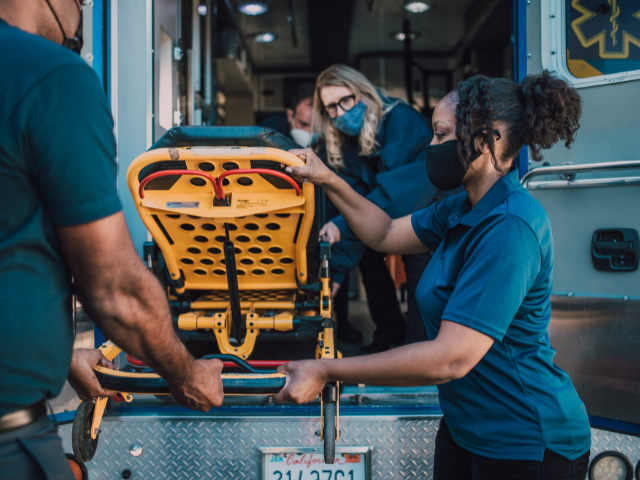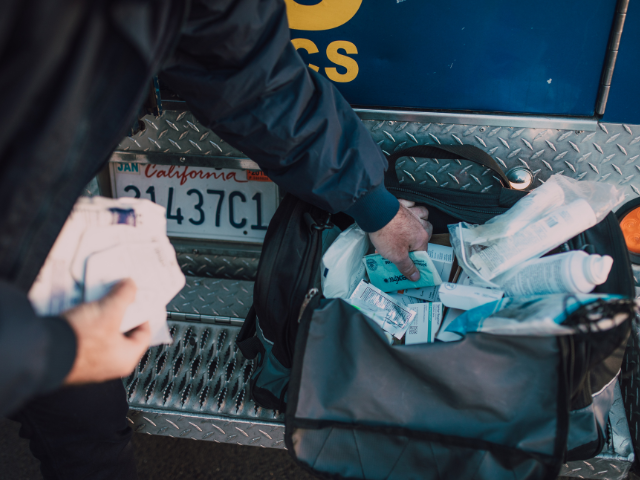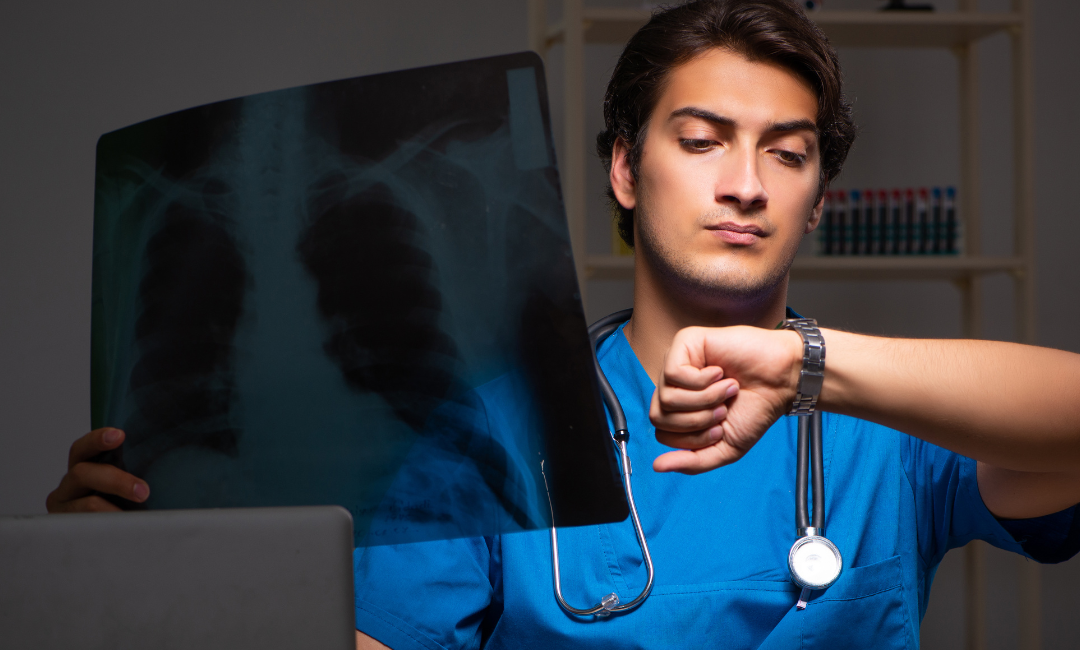Phases of the Emergency Preparedness Plan
Nurses play a key role in emergency preparedness through planning and training. They’re crucial during an event response and should be supported through the recovery phase.
Preparedness, response, and recovery are three key phases in the cycle of emergency management. As stated by the National Library for Medicine, “Nurses, working with physicians and other members of the healthcare team, play a central role in response. Before, during, and after disasters, nurses provide education, community engagement, health promotion and implement interventions to safeguard the public health. They provide first aid, advanced clinical care, and lifesaving medications; assess and triage victims; allocate scarce resources; and monitor ongoing physical and mental health needs.”
As seen with COVID-19, responsibilities for nurses shifted rapidly to accommodate patient surges and the sudden demand for healthcare services. Nurses were required to take on multiple new roles, provide surveillance and detection of infectious disease spread, educate patients and the community, and provide emotional support for patients, families, and fellow staff members.
It is vitally important for nurses to understand their role in emergency preparedness planning and training before an event, be ready for their complex role during the event and understand the importance of completing a recovery phase after an event.
Before: Preparedness Planning and Training
Nurses should be on the multidisciplinary team that develops organizational and operational emergency response plans. Their involvement will help with awareness and proper utilization. These teams often include nursing, leadership, physicians, facilities, emergency management, security, and ancillary services.
Nurses should have knowledge of available plans, where they are stored, and when and how to use them. Surge plans, weather-related disasters, evacuations, shelter-in-place, and how to respond to various active threats are a few examples of emergency preparedness plans healthcare organizations have.
Frequent and thorough simulation-based training allows multidisciplinary teams to walk through response plans, find gaps, overcome challenges, and simulate the critical thinking required in emergencies. Further opportunities for nurses to prepare for disaster events include disaster relief trainings through The Federal Emergency Response Agency (FEMA) and the American Red Cross.









